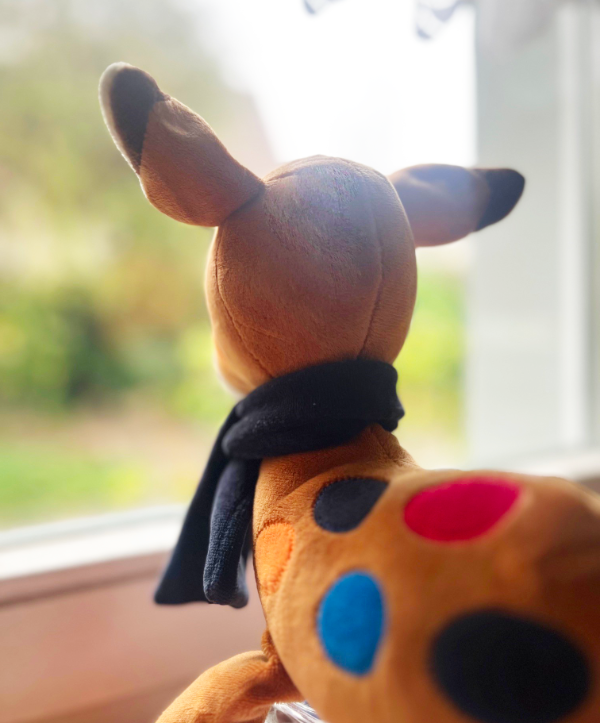General recommendations
for the time at home
For the time at home, either between two treatment cycles or actually after therapy, the important information that we list under “During therapy” still applies:
Furthermore, we have the following general recommendations to ensure our patients convalescence:
- Make sure your child has a balanced diet and an adequate daily intake of fluids and calories. There are no fundamental dietary restrictions. Children often have little appetite during and after chemotherapy and have incomprehensible cravings. It may make sense to give in to these cravings, even if your child appears to be eating an “unhealthy” diet - an “unhealthy” diet is often better than no diet at all. If your child is not drinking the recommended daily amount due to nausea, for example, please let us know.
- Changes in the consistency or frequency of stools can indicate problems: less frequent than every two days, too hard, too liquid, too frequent, with a build-up of blood, etc. - Please contact us!
- The skin of oncology patients is sensitive. Care for the skin regularly, as injuries are potential entry points for pathogens. We recommend cleansing with a pH-neutral and fragrance-free washing lotion and applying a lotion, especially to the lips. Dry or cracked lips are often also a sign of insufficient hydration.
- It is not only in summer that direct sunlight can stress the skin. Various medications, especially cytostatics, or radiotherapy also increase sensitivity to sunburn. Sun cream with SPF 50 and long-sleeved clothing protect against exposure to light
- As part of our video series “A family's guide to childhood cancerr”, we also have a video which explains what cytostatics are. The video is in German, but subtitles are available in translation.
- As part of our video series “A family's guide to childhood cancerr”, we also have a video which explains what cytostatics are. The video is in German, but subtitles are available in translation.
- During menstruation, young women should use pads rather than tampons to avoid injury and ensure blood flow.
- Have your child perform regular preventive oral care several times a day, in addition to brushing their teeth. It is important to keep the oral mucosa moist to maintain the natural protective function of the oral cavity. It doesn't matter what you drink: mineral water, tea, sugar-free drinks, etc. If the oral mucosa is dry, bacteria, fungi or viruses can settle more easily and cause discomfort.
- This can lead to inflammation of the oral mucosa (stomatitis) during the course of treatment. Switch to mild, lukewarm, less acidic and soft foods. Certain mouth rinsing solutions (“stomatitis solution”) can relieve pain. In the case of stomatitis, which is often accompanied by blisters or aphthae, it is often not possible to eat enough because of the pain. Inpatient treatment for pain and infusion therapy may then be necessary. Contact us if this occurs in your child
- As part of our video series “A family's guide to childhood cancer”, we also have a video focusing particularly on stomatitis/ mucositis. The video is in German, but subtitles are available in translation.
- As part of our video series “A family's guide to childhood cancer”, we also have a video focusing particularly on stomatitis/ mucositis. The video is in German, but subtitles are available in translation.
- Taking the medication can be difficult for some children and requires patience and practice. We will work with you during your stay as an inpatient to try and practise this as much as possible. If difficulties arise at home or medication is forgotten, please contact us. Please discuss with us before taking any medication that has not been prescribed by us. There may be interactions between the medications that affect the tumor treatment.
- For our adolescent and young adult patients, the topic of sexuality and contraception can be important. It is important that women undergoing chemotherapy do not become pregnant and that men undergoing chemotherapy do not have children. This applies for at least 6 months after the end of chemotherapy. We need to discuss together how you will deal with this.
- Exercise and sport help with healing. Talk to us about what is possible for your child and whether the support of our sports therapists might be useful.

